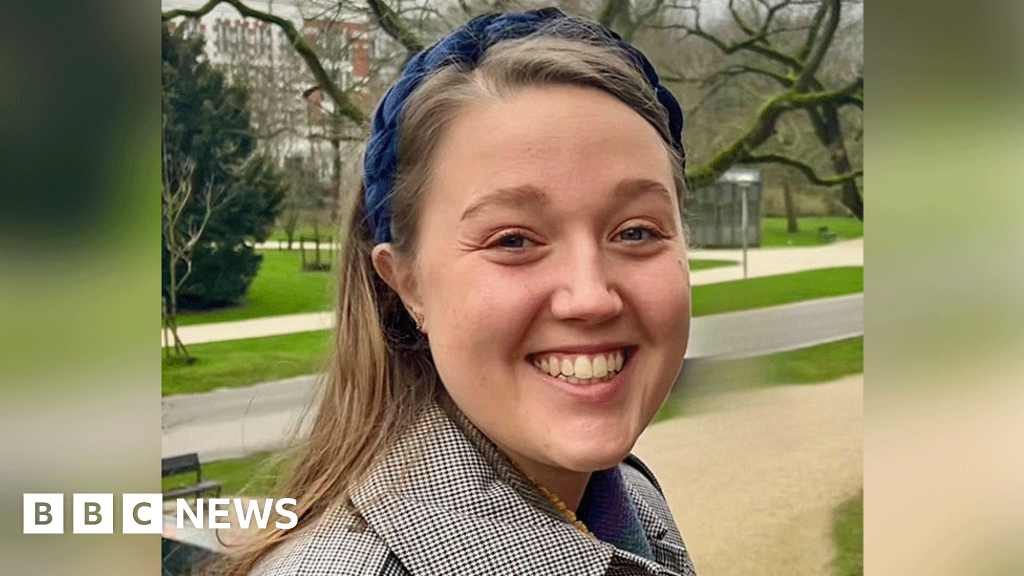
"A disabled doctor, who believes the NHS sees it as "too difficult or inconvenient" to give her support, has considered leaving. Dr Alice Gatenby said senior colleagues told her she is "not a real doctor" because her epilepsy means she does not work night shifts. A survey by the British Medical Association (BMA) of more than 800 disabled and neurodivergent doctors and medical students found more than half felt ableism was a bigger issue in the medical profession than in wider society."
"The Welsh government said it expected all NHS organisations to support inclusion, and they were also legally required to support disabled staff through reasonable adjustments. Health boards in Wales are responsible for rotas, but NHS Wales Shared Services Partnership said as an inclusive employer it supports employers and resident doctors with adjustments needed. However, south Wales-based Dr Gatenby said: "The irony of a healthcare system being unwilling to make small adjustments for someone with epilepsy isn't lost on me. "It feels like the system sees supporting me as too difficult or inconvenient - even if it means losing someone capable and passionate about caring for patients.""
"Dr Liz Murray spent more than a decade working in the NHS, simultaneously managing a number of chronic conditions, but left two years ago because of the barriers she felt were put in place. The Norfolk-based doctor has lupus, severe endometriosis, bladder and bowel damage as well as hip problems, which mean she uses mobility aids. But her requests for part-time hours and no night shifts were declined. "I have a slightly dysfunctional immune system and am really susceptible to infections with big changes in life, or disruption to sleep and environmental stresses," said the 37-year-old. "They can cause joint flare ups where I can't walk or can't use my hands, and it affects my vision.""
A BMA survey of over 800 disabled and neurodivergent doctors and medical students found more than half viewed ableism as a greater problem in medicine than in wider society. Some disabled clinicians report colleagues questioning their legitimacy when unable to work night shifts. Requests for reasonable adjustments such as part-time hours or no night shifts have been declined in some cases, leading to resignations or plans to leave. Welsh health bodies state legal and organizational responsibilities to support inclusion and provide reasonable adjustments, and some NHS employers say they offer support for required adjustments.
Read at www.bbc.com
Unable to calculate read time
Collection
[
|
...
]